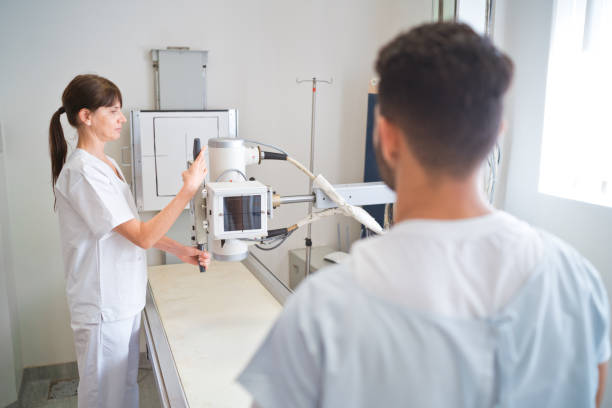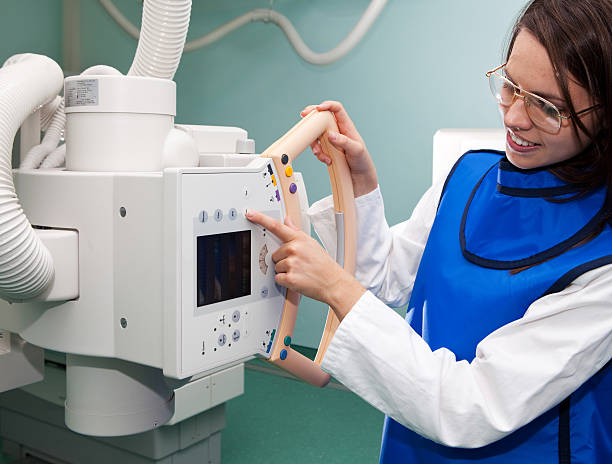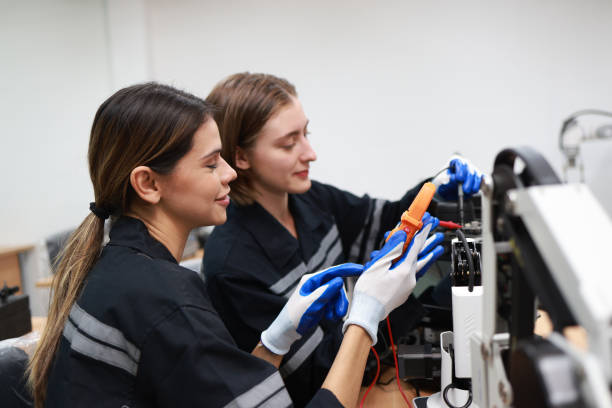The Pivotal Role of Medical Device Reprocessing Technician Course
Moreover, the MDRT course is instrumental in the healthcare system by training technicians who are paramount in ensuring that medical devices undergo proper decontamination and sterilization processes, thus mitigating the risk of infection transmission through surgical instruments and equipment.
With medical devices becoming increasingly complex and a heightened awareness around the significance of infection control, the demand for adept reprocessing technicians is surging.
This course lays the groundwork, offering both foundational knowledge and hands-on experience needed to meet the rigorous standards demanded in hospitals and surgical centers.
Comprehensive Curriculum and Hands-on Training
Additionally, the curriculum of a Medical Device Reprocessing Technician Course is meticulously designed, covering key areas essential for proficient reprocessing:
- Microbiology and Infection Control: A fundamental understanding of microorganisms and infection prevention principles.
- Decontamination Processes: Techniques for cleaning and decontaminating medical devices effectively.
- Sterilization Methods: Insights into various sterilization methods, including but not limited to steam, ethylene oxide, and low-temperature sterilization technologies.
- Instrument Inspection and Assembly: Skills in inspecting instruments for any damage or wear and correctly assembling surgical instrument sets.
- Documentation and Record Keeping: The importance of maintaining accurate records of sterilization cycles, equipment maintenance, and inventory management.
Furthermore, the course emphasizes the importance of hands-on training, where students accrue practical experience in simulated labs or through clinical placements in healthcare facilities.
This real-world experience is indispensable for developing proficiency with sterilization equipment, understanding the workflow in a reprocessing department, and complying with safety and quality standards.
Expansive Career Opportunities
Subsequently, graduates of the Medical Device Reprocessing Technician Course can pursue various career paths within the healthcare sector, with employment opportunities available in hospitals, surgical centers, dental clinics, and even medical device manufacturing companies.
Notably, the role of an MDRT extends beyond mere reprocessing; with experience, individuals may find opportunities for advancement into supervisory or managerial positions within sterile processing departments.
The Decision to Pursue a Medical Device Reprocessing Technician Course
Ultimately, opting for a career as an MDRT through this specialized course offers several advantages:
- Impact on Patient Safety: Making a direct contribution to preventing infections and ensuring comprehensive patient care.
- Growing Demand: A career in a field where skilled technicians are increasingly sought after due to the focus on infection control.
- Opportunities for Advancement: The possibility for career growth and specialization within the field.
- Fulfilling Work Environment: Engaging in work that is both challenging and rewarding, contributing to a crucial aspect of healthcare.
Conclusion
In essence, the Medical Device Reprocessing Technician Course stands as an essential stepping stone for those dedicated to making a significant impact on patient safety and care within the healthcare industry.
By furnishing individuals with an in-depth education in sterilization principles and infection control, coupled with practical training in medical device reprocessing, this course prepares participants for a crucial role in safeguarding the cleanliness and safety of the tools employed in patient care.
Whether one is entering the healthcare field, seeking a career change, or aiming to specialize in a role that is fundamental to the operation of medical facilities, this course charts a path to a rewarding career dedicated to making a tangible difference in patient outcomes.




